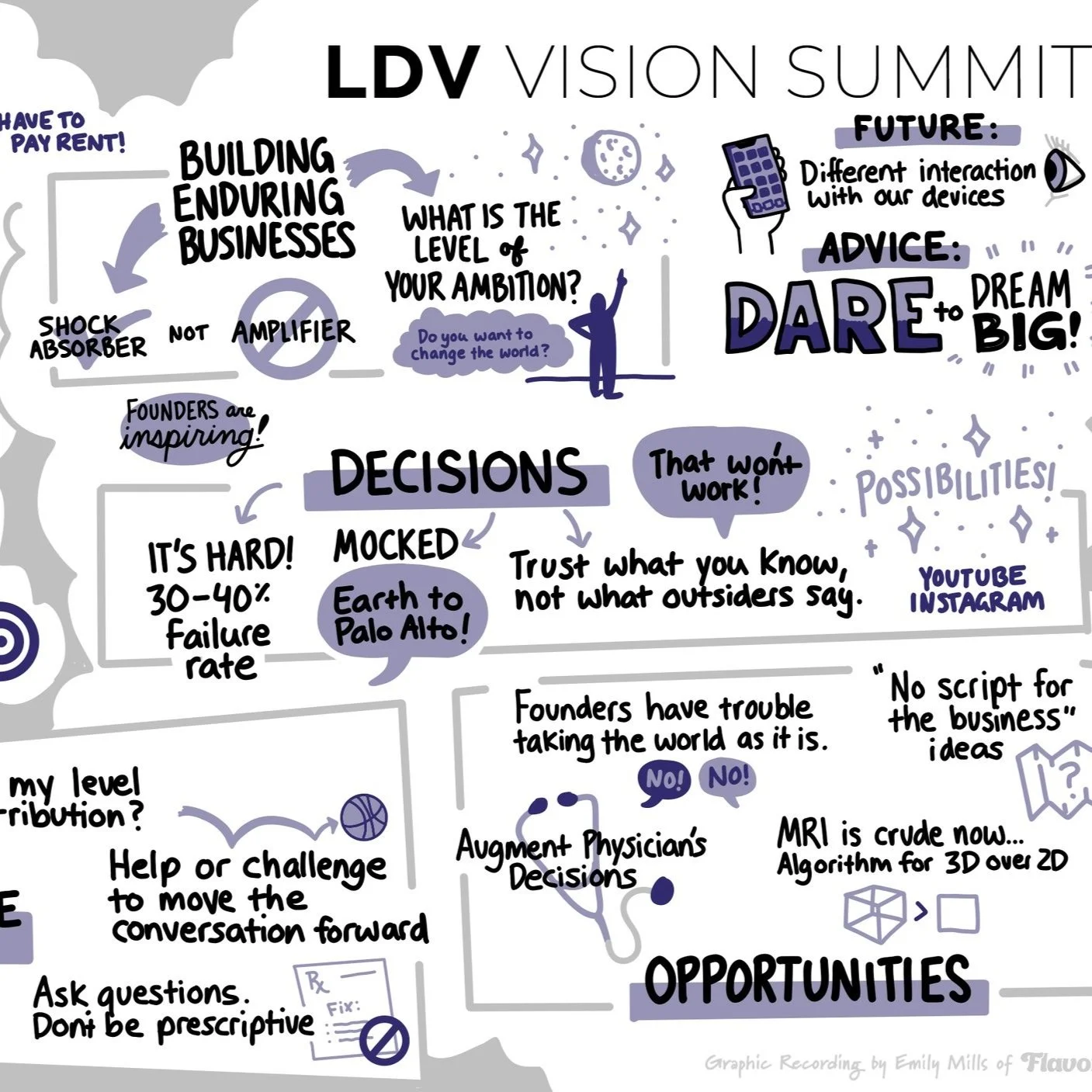Visual Technologies are Critical to the Future Success of All Businesses
/Humans rely on vision to see, experience and navigate the world around us. We see objects only when they are within a light field created by a light source. As photons of light hit the pigments in our retina, they trigger signals which then are transmitted to the brain and deciphered into images that we interpret to tell us about our surroundings.
We are not born with all the visual abilities we need in life. We learn to see just like we learn to walk and talk. The ability to focus our eyes, use them as a team and move them accurately comes with practice and training. Moreover, we are not able to decode all the visual information that we are able to see. Our brain's ability to collect, organize, analyze, and infer from the visual data it collects, is key to our intelligence. Studies show that the vast majority of data our brains analyze is visual.
Enabling Computers To See
Cameras and visual sensors are built to function in a very similar way to the human eye with a method to capture light and a method to comprehend that data. Until recently, humans were still the brain behind the camera, choosing what to focus on and guiding the lens to strategically capture the important moments of our life.
We know how to build cameras, essentially another set of eyes, but we face a momentous challenge: how can we teach a machine to see and understand what it sees?
LDV Capital Insights report published in 2017 says that by 2022, there will be 45 billion cameras in the world collecting exponential amounts of visual data and a majority of that data will never be seen by a human eye. In the near future, nearly every inanimate object will have the ability to see and send the data on what it sees to be analyzed by a computer as part of the Internet of Eyes which LDV Capital founder Evan Nisselson coined in his article in 2016. The technologies that are being designed to capture, manage, distribute, and analyze visual data are visual technologies.
At LDV Capital, we invest in people building businesses powered by visual technologies.
Visual Technologies: (def) any technology that captures, analyzes, filters, displays or distributes visual data. Visual data can be any data across the light spectrum from visible to ultraviolet, thermal, Radar, LiDar, MRI, Spectroscopy, and much more. While our brains gather all of the information about shape, color, depth, opacity, speed, etc from the visual data our eyes send it, the machines we build and empower with algorithms can analyze more visual data and much faster.
Deep tech people are programming computers to decode the information they capture and act accordingly. This will occur as a horizontal layer across all business sectors and all parts of society.
Artificial intelligence is not only our present, but also our future. Since the majority of the data that our brains analyze is visual—visual data is critical to the future of AI.
In order for machines to perform like humans, or better than humans and truly address our needs—they need to capture, analyze and learn from visual data.
This is how they are able to do everything from sorting and editing your pictures, autonomously delivering prescriptions, detecting rare diseases, transporting inventory items, driving you places, figuring out when the agriculture crops are ready for harvesting, cleaning the floor in your living room, and making you look lovely with face filters, among much more.
Visual technologies that power it, will be essential to every business. At LDV Capital, we invest horizontally across all aspects of business and society that will be revolutionized by visual tech.
Visual tech can be as complex as an algorithm that enables boats to be autonomous and as “simple” as Instagram, where we share visual content with others. Video conference apps, streaming services, and telemedicine are typically based on visual tech as well.
Recent IPOs of Snap, Pinterest, Zoom, and valuable exits like Instagram, Youtube, Ring, and many others show that visual technologies are on the rise. These successes are the tip of the iceberg in regard to opportunities for visual technologies to solve problems, entertain, increase efficiencies, make money, and hopefully improve the world that we live in.
Investing In People Building Visual Technologies Across All Industries
Since 2012, we at LDV Capital have been the only venture capital firm with a thesis of investing in people building businesses powered by visual technology.
We have this unique thesis because our Founder Evan Nisselson started photographing with a Nikon F at 13 years old, then he became a photo editor, photo buyer and built four businesses powered by visual technology over 18 years as an entrepreneur in Silicon Valley, New York and Europe.
LDV Capital has deep knowledge in building businesses powered by visual technologies, a unique platform of initiatives from the premier LDV Vision Summit, which started in 2014, LDV Community, proprietary Insights reports and an extensive network of vision experts including people from Instagram, Youtube, Columbia University, Lyft, Cornell University, Apple, MIT, Massachusetts General Hospital and much more.
Get in touch to tell us about the phenomenal visual tech you are building to improve business and society.
We look forward to celebrating our 10th LDV Vision Summit Anniversary virtually with you on March 21, 2024!
Over 20 fantastic speakers ranging from tech giants to under-the-radar startups, esteemed research labs and leading venture capital firms will be sharing their insights on state-of-the-art computer vision, machine learning, and AI solutions aimed at improving the world we live in.
Meet the first two:
Roelof Botha is a Partner at Sequoia Capital. In 2022, he was named Senior Steward in charge of its global operations and he joined Sequoia in 2003. He has invested in companies such as Unity, 23andMe, YouTube, Instagram, Square, Evernote and Tumblr among other companies. Prior to Sequoia, he was CFO of PayPal which was acquired by eBay in 2002. He has been on the Forbes' Midas List 15 times.
Esther Dyson is an investor, author, businesswoman, commentator, philanthropist and a full-time executive founder of Wellville. Her primary activity is investing in and nurturing startups, with a focus on healthcare, human capital and aerospace. She is an early investor in 23andMe, Evernote, Flickr, Mashery, Omada Health, Square, Ezra (LDV portfolio company) and others.








